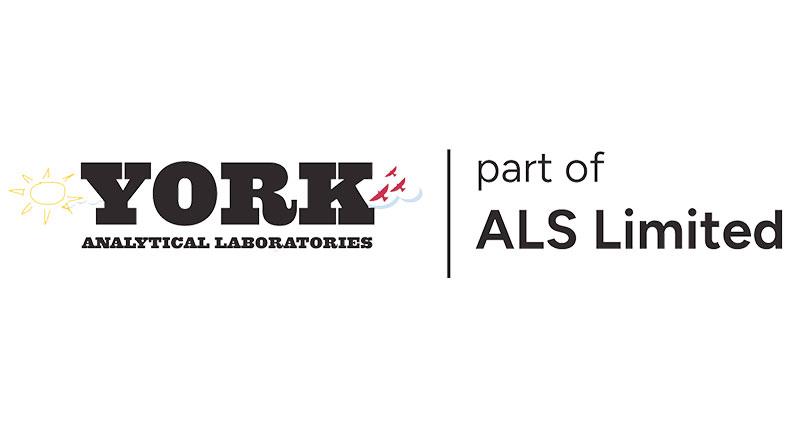Team York offers its best wishes to all of those impacted by the historic flooding in Connecticut, New York and New Jersey.
The torrential rains that swept through the New York and Connecticut region in mid-August 2024 left a trail of destruction in their wake. The flooding overwhelmed the region and created significant drinking water quality issues, particularly for those dependent on private wells. Many townships sent advisories to their residents to have their drinking water tested.
One of the most enduring consequences of this devastating storm was the contamination of drinking water supplies. As floodwaters receded, they carried with them a toxic cocktail of pollutants, including sewage, agricultural runoff, and hazardous materials.
The impact on drinking water safety was immediate and far-reaching. In many communities, residents were advised to boil their water before consumption, a precaution designed to kill harmful bacteria and viruses that may have infiltrated the water supply. This inconvenience, while temporary, caused significant disruption to daily life, affecting everything from cooking and drinking to hygiene and sanitation.
The flood of 2024 underscored the vulnerability of drinking water systems to extreme weather events. When heavy rainfall overwhelms infrastructure, it can lead to sewer overflows, contamination of groundwater sources, and damage to water treatment facilities. These consequences can have long-lasting effects, as it can take time to restore water quality to safe levels.
The threat of such events is amplified by the increasing frequency and intensity of extreme weather patterns, which are attributed to climate change. As the planet warms, we can expect more frequent and severe storms, droughts, and heatwaves. These events can disrupt the delicate balance of ecosystems and compromise the availability and quality of drinking water.
To mitigate the risks posed by extreme weather, it is essential to invest in resilient infrastructure and adopt proactive measures to protect water supplies. This includes upgrading water treatment facilities, improving wastewater management systems, and implementing flood control measures. Additionally, it is crucial to promote water conservation and reduce reliance on unsustainable sources of water.
By taking these steps, we can enhance the resilience of our drinking water systems and ensure that they remain safe and reliable in the face of future challenges. The flood of 2024 serves as a stark reminder of the importance of safeguarding our most precious resource
—-
The York team in our state-certified laboratories in Newtown and Stratford stand ready to help residents of Connecticut, Lower Hudson Valley and Long Island with fast drinking water analysis. Our Toms River, NJ laboratory is the largest in the state specializing in drinking water testing.
We’re ready to help. Contact our team today:
Connecticut & New York: (203) 270-9973
New Jersey: (732) 914-1515





